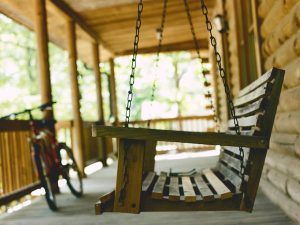As a new generation of aspiring land stewards, we wish to minimise dependence on fossil fuels whilst learning to meet our basic needs of food, shelter, energy and livelihood, from the land. This has been entirely possible for millennia. However, in a 21st century context we have so many factors to consider and entirely new lifestyle needs to meet.
The One Planet policy is a fine step towards encouraging people towards an ecologically sound way of living, with support and expertise in this area growing all the time. A fundamental requirement to reach a one planet footprint, is to integrate both the complexity of the landscape and our own skills and ideas. This is a challenge. Many of us seeking to return to a land based lifestyle have grown up divorced from a relationship with the land, even if this is not the case, we are often applying for permission in landscapes far from where we or our ancestors grew up.
As every site is unique, to work with nature’s cycles and minimise energy use, requires detailed observation and research. We were lucky to live nearby our site at Lammas in West Wales, and had 2 years of observation before we started putting our plans into action. Now 6 years on, I am often contemplating what we would have done if there had been more time to live here and observe, without an imperative to develop and set up within 3-5 years.

Wind, sun and water patterns; soil types, existing biodiversity; access, boundaries; slopes; local resources – the list of factors to understand are considerable and complex. Even after all this time, I am still learning the intricacies and patterns of this patch of earth I call home.
For us, permaculture has been a vital tool to give us confidence to cope with this challenge. A set of flexible patterns, taken from thriving landscapes and indigenous communities, permaculture offers a map to navigate the complexity. It is a design process, based on observation, directly focused on meeting human needs without fossil fuels.
This March, we are offering an ‘off grid’ month internship, specifically aimed to support One Planet prospective applicants. It includes a Permaculture Design Certificate tailored for a low impact context. Salena Walker and Megan Williams (successful One Planet applicants) attended the last training and found it an extremely helpful resource. If you would like more info please visit our website www.beingsomewhere.net/courses or contact me on 07773372280.
In the long term nature always returns to equilibrium, in the human and planning policy timescale we need to balance action with observation. By working together and sharing experience, we are ourselves a flourishing and emergent ecosystem.












